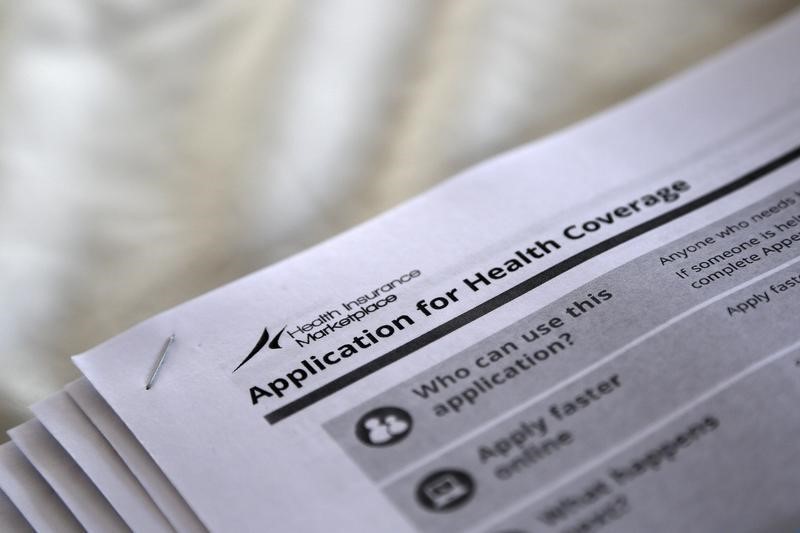CHICAGO (Reuters) - Illinois must increase payments to Medicaid providers despite an ongoing budget impasse, after a U.S. District Court judge on Wednesday ruled the minimal payments made by the state do not comply with federal consent decrees.
Judge Joan Lefkow ordered renewed negotiations between Illinois and health care advocates for the poor, setting a June 20 deadline to be in "substantial compliance" with the decrees.
Lawyers representing the state's 3 million Medicaid recipients had asked the judge to give precedence to payments to managed care organizations participating in the state and federal health care program for the poor and disabled over the state fully funding other priorities, including debt service on bonds and pensions.
Lefkow said Illinois Comptroller Susana Mendoza, who pays the state's bills, has not offered a "lawful basis" for not paying the Medicaid providers the $2 billion they are owed.
"Although the court means no disrespect to the comptroller, who faces an unenviable situation, it finds that minimally funding the obligations of the decrees while fully funding other obligations fails to comply not only with the consent decrees, but also with this court’s previous orders," the judge's latest order stated.
Illinois is limping toward the June 30 end of a second-straight fiscal year without a complete spending plan due to a political stalemate between its Republican governor and Democrats who control the legislature.
Lawmakers ended their spring session on May 31 without a fiscal 2018 budget deal, triggering downgrades that pushed Illinois' credit ratings from S&P and Moody's Investors Service to a step above junk.
As a result of the stalemate, Illinois' backlog of unpaid bills reached $14.9 billion this week.
Mendoza said the real solution is enacting a budget.
"The lack of a budget for the last two years has created a situation in which we now have more court-ordered and state-mandated payments than we have revenues to cover them," she said in a statement.
Tom Yates, executive director of the Legal Council for Health Justice, who is representing Medicaid recipients in court, said more money is being sought at this time to ensure access to medical care, not an immediate payment in full.
"I think the talks will have little different tenor now because the judge makes it pretty clear she expects more money to flow to Medicaid providers," he said.
The consent decrees, which require the state to continue to make Medicaid payments despite its budget problems, stem from two 1992 cases.
